Quinine 300
✅ Malaria symptom relief
✅ Fever reduction
✅ Parasite eradication
✅ Improved recovery
✅ Prevention of relapse
Quinin contains Quinine Sulphate.
Product Overview
Quinin 300 is a pharmaceutical formulation containing the active component Quinine Sulphate. Presented in tablet form for oral ingestion, this medication has been clinically employed for decades in malaria management and other therapeutic applications. Quinin 300 tablets are globally acknowledged for their proven efficacy and consistent performance in alleviating malaria symptoms.
Therapeutic Indications
Quinin 300 tablets are principally indicated for the treatment of uncomplicated malaria infections caused by Plasmodium falciparum and other Plasmodium species. The medication exerts its therapeutic effect by eradicating malaria parasites from the bloodstream, consequently mitigating associated clinical manifestations including pyrexia, rigors, diaphoresis, and myalgia.
Administration Guidelines
For optimal results, Quinin 300 tablets should be ingested orally with an adequate volume of water. Strict adherence to prescribed dosing regimens by healthcare professionals or product labeling instructions is imperative. Administration with meals is recommended to reduce potential gastrointestinal discomfort. Tablets should be swallowed intact without crushing or mastication.
Mechanism of Action
The pharmacologically active constituent, Quinine Sulphate, exerts its antimalarial effect by disrupting parasitic hemoglobin catabolism within erythrocytes. This metabolic interference culminates in parasitic death. Additionally, the compound may impair parasitic cytoadherence properties and erythrocytic invasion capabilities.
Dosage Protocol
Quinin 300 dosage regimens are individualized based on multiple clinical parameters including infection severity, patient anthropometrics, and medical history. Strict compliance with prescribed dosing schedules is essential. Standard adult therapeutic protocol typically involves 600-650 mg Quinine Sulphate administered every 8 hours for a treatment duration of 3-7 days.
Therapeutic Advantages
Quinin 300 tablets provide multiple clinical benefits for malaria patients:
- Effective symptomatic relief of malaria-associated fever and chills
- Rapid parasitic clearance from systemic circulation
- Prophylaxis against severe malaria complications
- Flexible administration protocol (with or without food)
- Cost-effective availability in malaria-endemic regions
Adverse Effects
Common adverse drug reactions may include gastrointestinal disturbances (nausea, emesis, diarrhea, abdominal discomfort), cephalalgia, and auditory phenomena (tinnitus). These manifestations are typically transient and mild in nature. Persistent or worsening symptoms warrant immediate medical consultation.
Precautions
Caution is advised when administering Quinin 300 to patients with cardiac conduction abnormalities due to potential QT interval prolongation and arrhythmogenic risk. Contraindicated in glucose-6-phosphate dehydrogenase (G6PD) deficiency due to hemolytic potential. Comprehensive medication reconciliation is essential prior to initiation due to potential drug interactions.
Storage Conditions
Maintain Quinin 300 tablets at controlled room temperature, protected from humidity, excessive heat, and light exposure. Implement appropriate child-proof storage measures. Discard any medication beyond the manufacturer’s designated expiration date.
Disclaimer:
The information provided herein is intended for educational purposes only and represents expert-reviewed, evidence-based data. This content should not supersede professional medical advice. The complete spectrum of potential adverse effects, contraindications, and drug interactions may not be fully enumerated. Healthcare provider consultation is mandatory for comprehensive therapeutic guidance and to address any clinical inquiries. This information aims to complement, not replace, the physician-patient therapeutic relationship.
| Strength | 300 mg |
|---|---|
| Quantity | 30 Tablet/s, 60 Tablet/s, 90 Tablet/s, 180 Tablet/s |
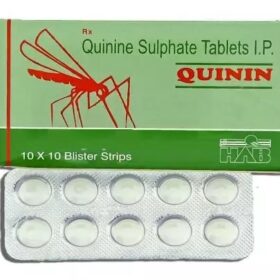 Quinine 300
Quinine 300









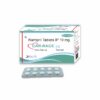

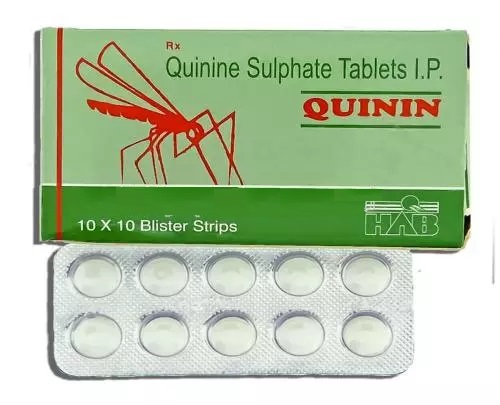
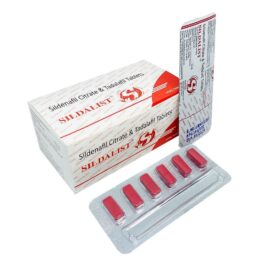
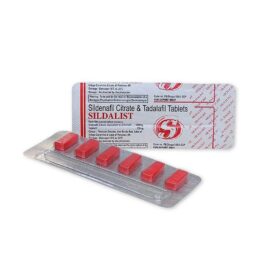
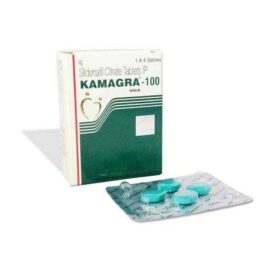
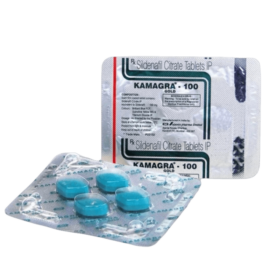


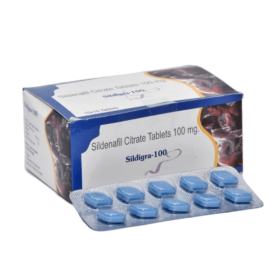
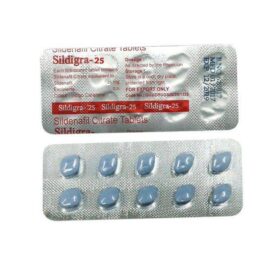
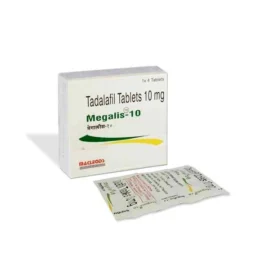
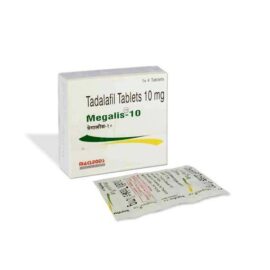




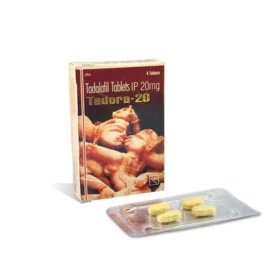
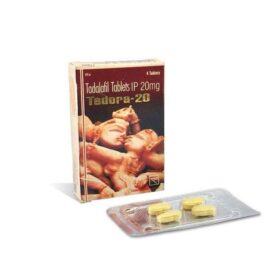
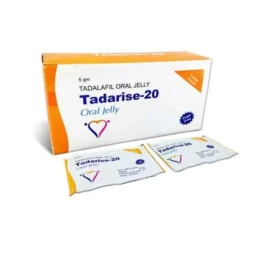
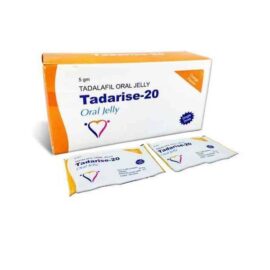
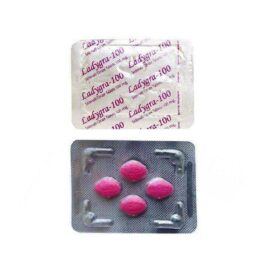
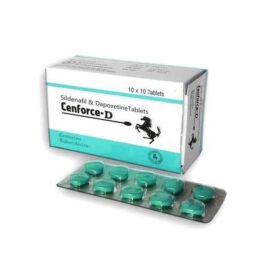
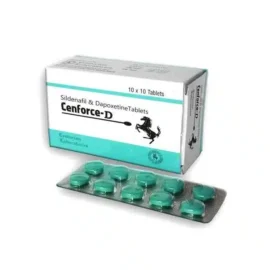
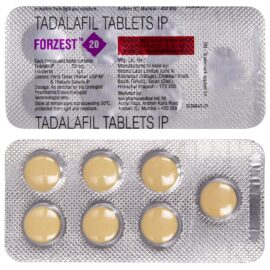
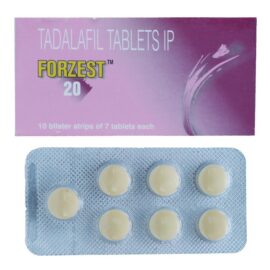
Reviews
There are no reviews yet